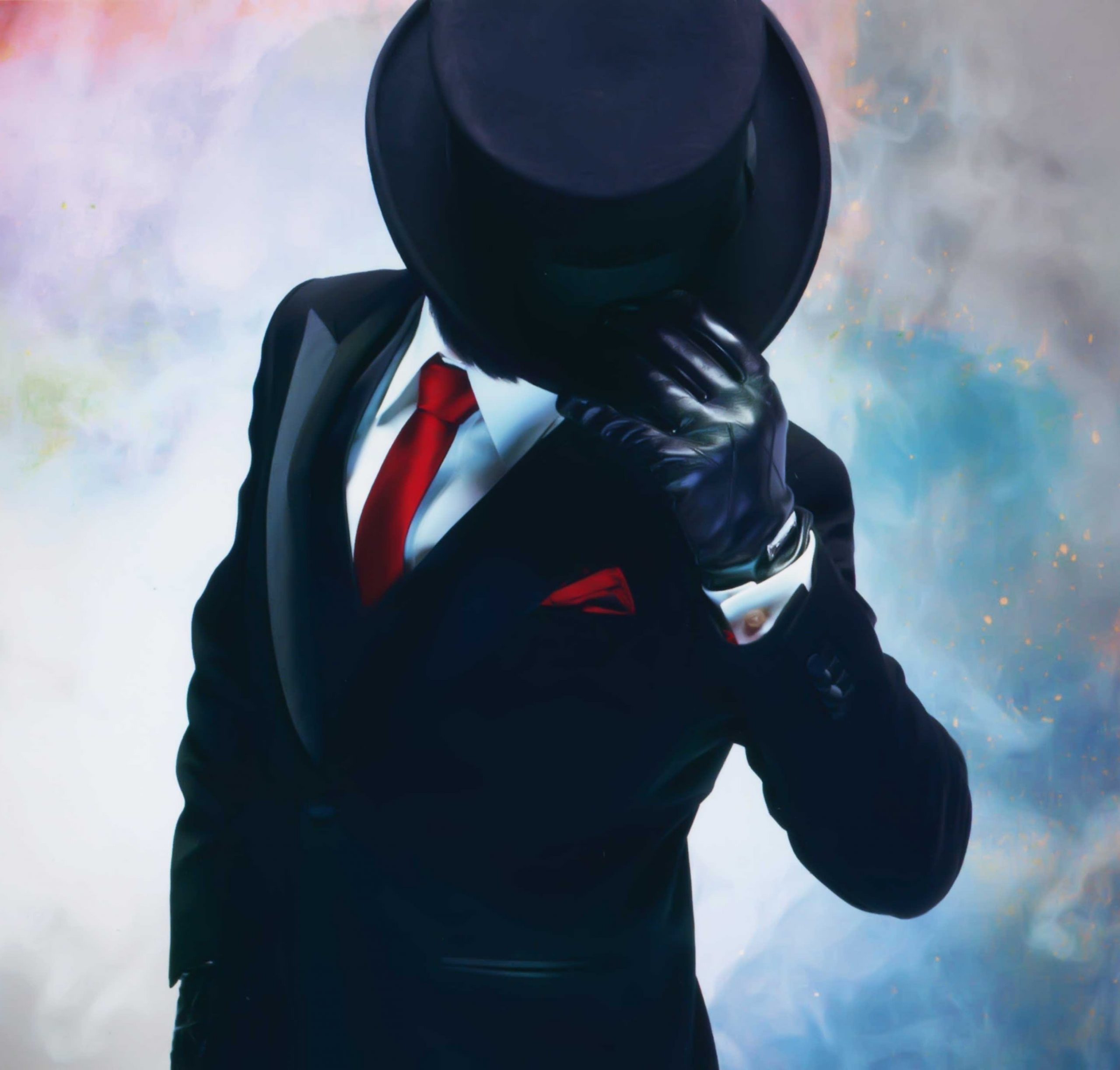Despite their elitism, members of the Whites Club liked to joke no less than members of other English clubs. Their humor suited their status, and sometimes club jokes sounded like a reminder to the crown about who is the true master of the country. In 1752, the Whites Club sent an address to King George II on the occasion of his return from a foreign trip, which said: “We – the Lords, Peers, etc. of the Society of White – beg to be allowed to throw ourselves at your feet (our honor and conscience rest under the table, and our wealth is always at stake) and congratulate Your Majesty on a safe return …
After the kings of diamonds, clubs, spades and hearts, we love, honor and adore you. The king answered the clubmen in the spirit that he still would not treat them as cards from his deck as long as he had rivals in the face of card monarchs.
The St. Petersburg English Club became the first center of informal communication and soon, following the example of the capital, the whole empire was covered with a network of noble clubs. One of his contemporaries wrote about this: ” However, none of the domestic clubmen dared to joke about the autocrats.

The Whites Club became the center of the Tory party, which stood guard over the interests of the crown and the aristocracy, so Tory rivals – the Whigs – also hurried to acquire their own club. The Whigs, who were supporters of the reforms, settled in the institution of the vintner Brooks, which was located on St. James Street almost opposite the Whites Club.
Whites Club and Brooks Club
Among the members of the Brooks Club there were also many aristocrats who liked to play cards, and the prince of Wales himself, who was in a strained relationship with his father, King George III, was a regular at the local gambling tables. As befits a democratic opposition, the Whigs were more tolerant of the appearance of their clubmates.
The leader of the Whig party, Charles Fox, who lived near the club, sometimes did not even wash his face before visiting Brooks. A contemporary described the visits of the leader as follows: “The sight was not a pleasant one. With a face overgrown with black stubble, with an open hairy chest, rarely cleaned with ablutions, he was wrapped in a dirty nightgown, his shaggy hair was not combed.
Dressed in this way, he discussed political topics and ‘gently’ dictated his views to the Prince of Wales, his most attentive listener.” Members of the Brooks Club also liked to joke, and when George III lost his mind, they said, coming from the king: “I’m going crazy.”
Whites Club and Brooks Club competed in everything, trying to outdo each other in luxury and high card rates. By the beginning of the 19th century, the Tories still managed to wipe the Whigs from power, and therefore the Whites Club became the winner in a long struggle.
If the Whig citadel at the beginning of the new century began to look like an ordinary gambling house, then the Whites Club became almost the official center of power of the kingdom. Suffice it to say that the Emperor Alexander I, while in England, visited the Whites Club, and the clubmen arranged a dinner in his honor, for which they spent an unimaginable amount – 9 thousand 849 pounds sterling 2 shillings and 6 pence.

The end of the 18th century was still the era of club violence.
The heroes of the club world were not so much elderly lords in easy chairs as young rakes like Richard Barry, Earl of Barrymore. Heir to a huge fortune before he came of age, young Barrymore began to spend money left and right, founding clubs in the cities he visited along the way.
In his native Wargrave, the earl established the Bothering club, whose members amused themselves, in particular, by hanging the signs of taverns from one to another in order to confuse travelers. In Leverheed, Sir Richard set up a Warble club, the main rule of which was: “If one of the members of the club has two thoughts in his head at once, let him pass one to his neighbor.”
Another rule said: “If one member of the club is smarter than the other, throw him to hell.” Barrymore built theaters and stables, arranged masquerades and fireworks, bet with everyone and for any reason and, of course, played cards, spending incredible sums.
Finally, bogged down in debt, the count decided to get down to business and secured for himself the position of an officer of the militia, which was preparing to repel a possible invasion of the troops of revolutionary France.
Since only French prisoners of war were familiar with military service in his area, Barrymore formed a detachment from them, but did not have time to become famous on the battlefield. In 1793, the count accidentally shot himself in the head with a gun and died at the age of 24.
